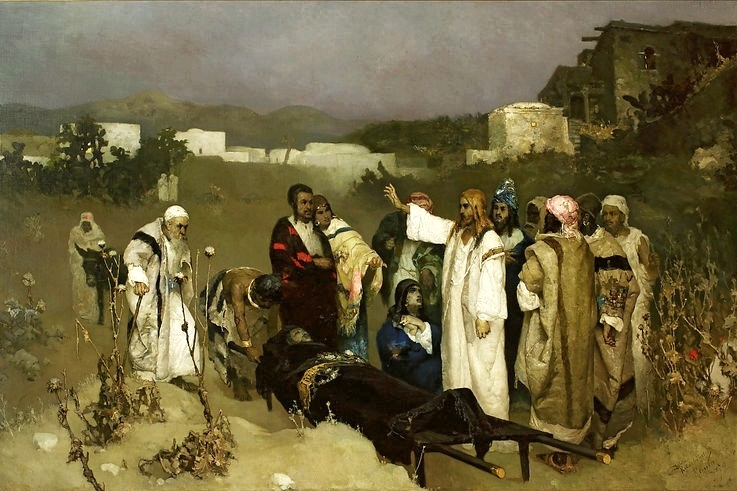In Widow’s Son in Nain, David Bivin and Joshua N. Tilton ask “Which Nain was the town where Jesus raised the widow’s son?” and “What is the meaning of the people’s exclamation that a prophet had arisen among them?” The possibility of a Judean ministry early in Jesus’ career and of the messianic connotations of the Widow’s Son in Nain story are discussed in detail in this segment of the Life of Yeshua commentary.
Healing Shimon’s Mother-in-law
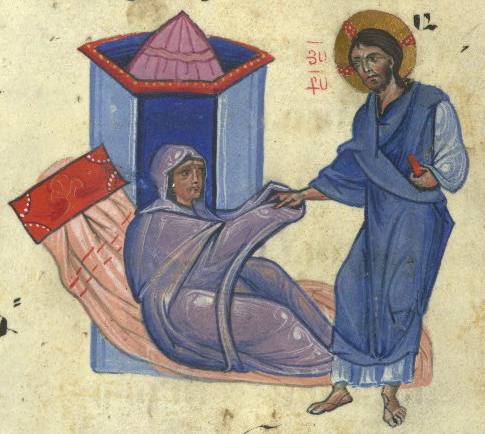
The Healing of Shimon’s Mother-in-law, a tender story of familial intimacy, offers a unique glimpse of Jesus’ compassion.
LOY Excursus: Mark’s Editorial Style

This LOY Excursus is a compendium of observations regarding the redactional changes the author of Mark typically made to his sources. It also discusses the image of Jesus the author of Mark wanted to portray in his Gospel.
A New Approach to the Synoptic Gospels

My solution to the synoptic problem leads to a very different assessment of the Gospels than is common in New Testament scholarship today.
A New Two-source Solution to the Synoptic Problem

Shortly after Robert L. Lindsey’s eureka moment (“Luke is first!”) on February 14, 1962, and at Professor David Flusser’s urging, Lindsey submitted the following article to the editors of Novum Testamentum. The article was published in the journal’s November 1963 issue as “A Modified Two-Document Theory of the Synoptic Dependence and Interdependence,” Novum Testamentum, Vol. 6, Fasc. 4 (November 1963): 239-263. Lauren S. Asperschlager, David N. Bivin and Joshua N. Tilton have updated and emended the article to bring it in line with the modifications Lindsey made to his hypothesis over the following 30 years. Pieter Lechner has created the tables and graphics.
My Search for the Synoptic Problem’s Solution (1959-1969)

As a consequence of my endeavor to produce a Modern Hebrew translation of the Gospel of Mark I began to develop a different picture of the interrelationship of the Synoptic Gospels than that which is espoused by most New Testament scholars.
Blessedness of the Twelve

Without a knowledge of the saying’s context, Jesus’ saying about eyes and ears and prophets and righteous men, seems quite prosaic. However, when it is understood that this saying deals with the Kingdom of Heaven, it becomes one of Jesus’ most exciting and dramatic statements.
Lord’s Prayer

David Bivin and Joshua Tilton envision how the Lord’s Prayer might have been formulated in its original language and explore the ancient Jewish context to which the Lord’s Prayer belongs.
Preparations for Eating the Passover Lamb
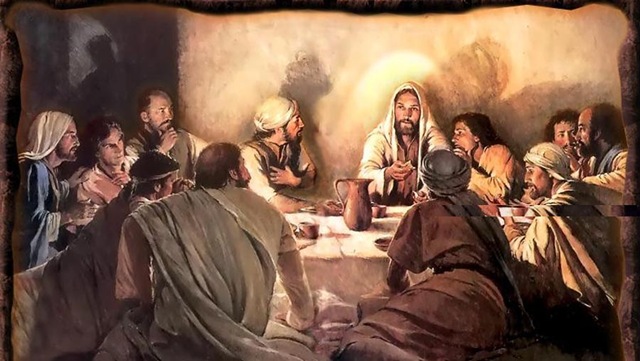
Careful analysis shows that a Hebraic source ultimately stands behind the Synoptic Gospels and that this source is best preserved in Luke. Luke’s version of the Preparations for Eating Passover Lamb preserves details—such as Jesus taking the initiative to send the two disciples, commanding the disciples to prepare the lamb, and using Hebraic idiom—that fit the cultural context of first-century Judaism.
Did the Early Scribes Understand John 9:3 Correctly?
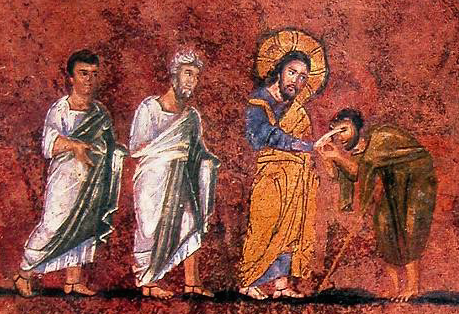
The punctuation found in later manuscripts was added by scribes, and is not original to the New Testament.
Paraphrastic Gospels
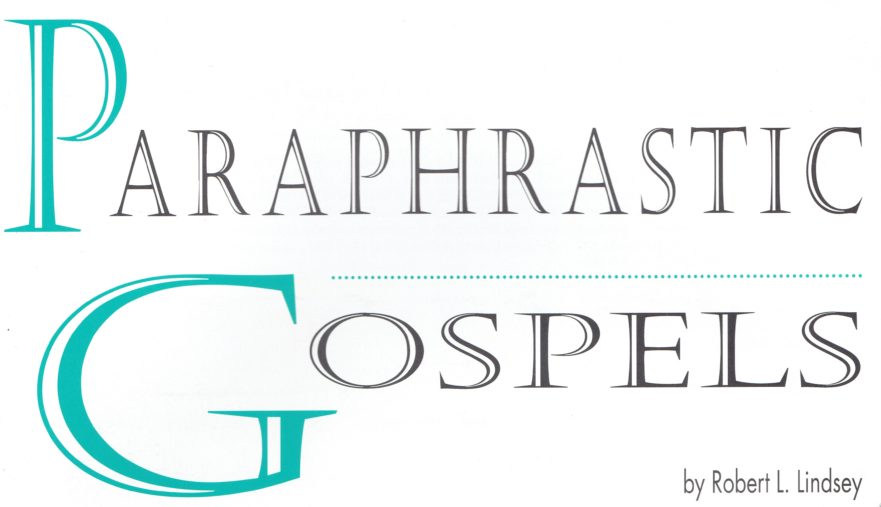
As Robert Lindsey realized in 1962, Mark reworked Luke’s Gospel in writing his own. Mark liked to substitute synonyms for nearly anything that Luke wrote. If, for instance, Luke used the singular of a noun, Mark substituted the plural form of the same noun in writing his Gospel. And vice versa: if Luke used the plural, Mark substituted the singular. In this article, Robert Lindsey surveys a unique substitution category found in Mark’s Gospel: the replacing of one verse of Scripture with another.
Unlocking the Synoptic Problem: Four Keys for Better Understanding Jesus
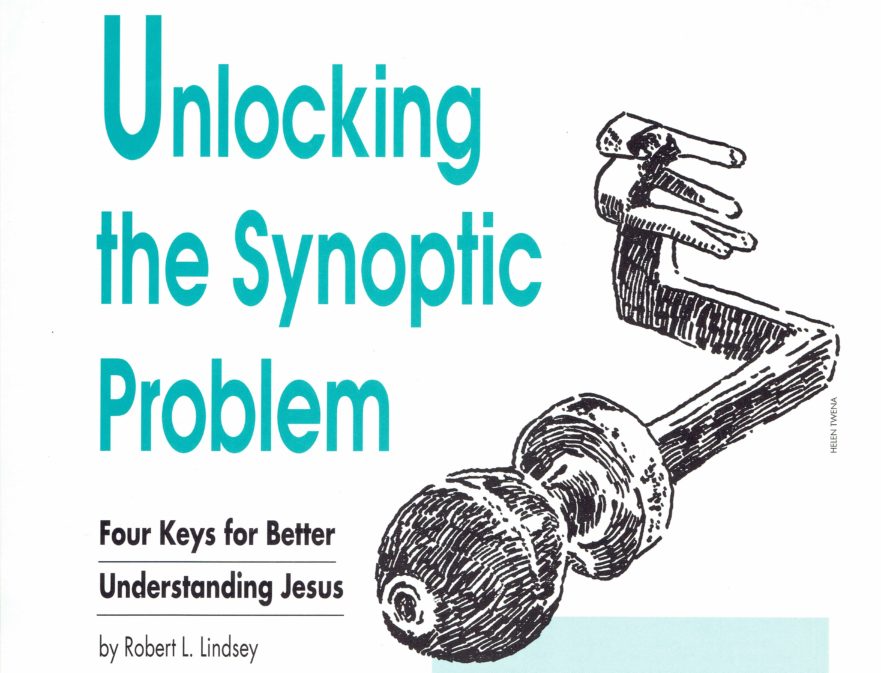
While translating the Gospel of Mark to modern Hebrew, pastor-scholar, the late Dr. Robert Lindsey was forced to conclusions that ran counter to his seminary training. If correct, his conclusions have the potential for revolutionizing New Testament scholarship. In this article, Lindsey condenses the results of a lifetime of research.
Matthew 16:18: The Petros-petra Wordplay—Greek, Aramaic, or Hebrew?
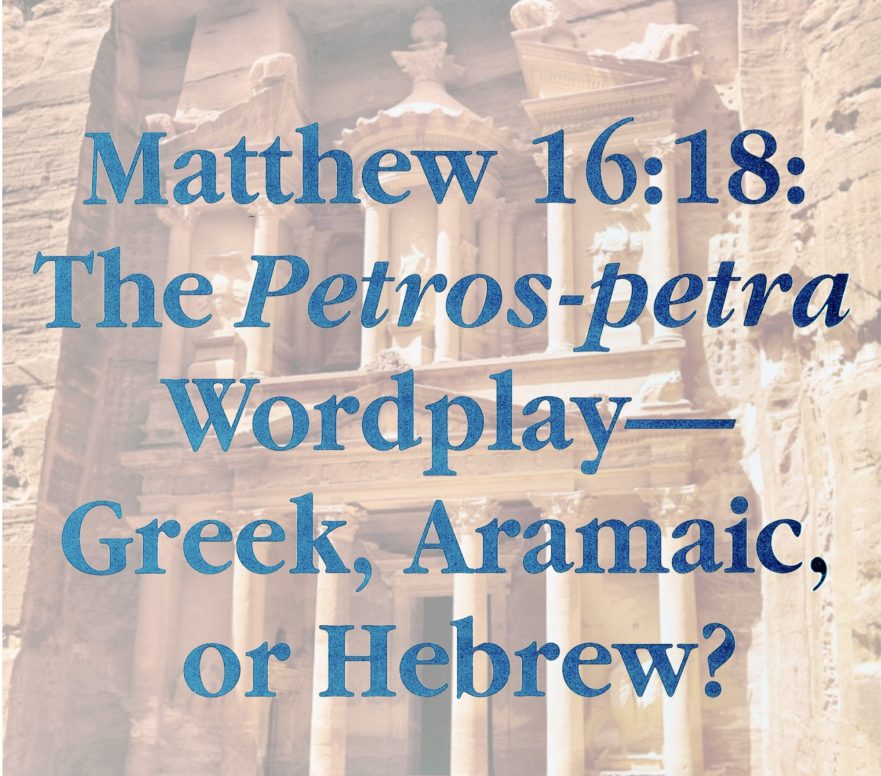
The pinnacle of the gospel story may be Jesus’ dramatic statement, “You are Petros and on this petra I will build my church.” The saying seems to contain an obvious Greek wordplay, indicating that Jesus spoke in Greek. However, it is possible that “Petros…petra” is a Hebrew wordplay.
Remember Shiloh!

Without paying attention to ancient Jewish exegesis one can easily miss the full impact of Jesus’ statement, “den of thieves.” Was Jesus solely addressing the vendors, or was he aiming at bigger game?
Jesus’ Twin Parables
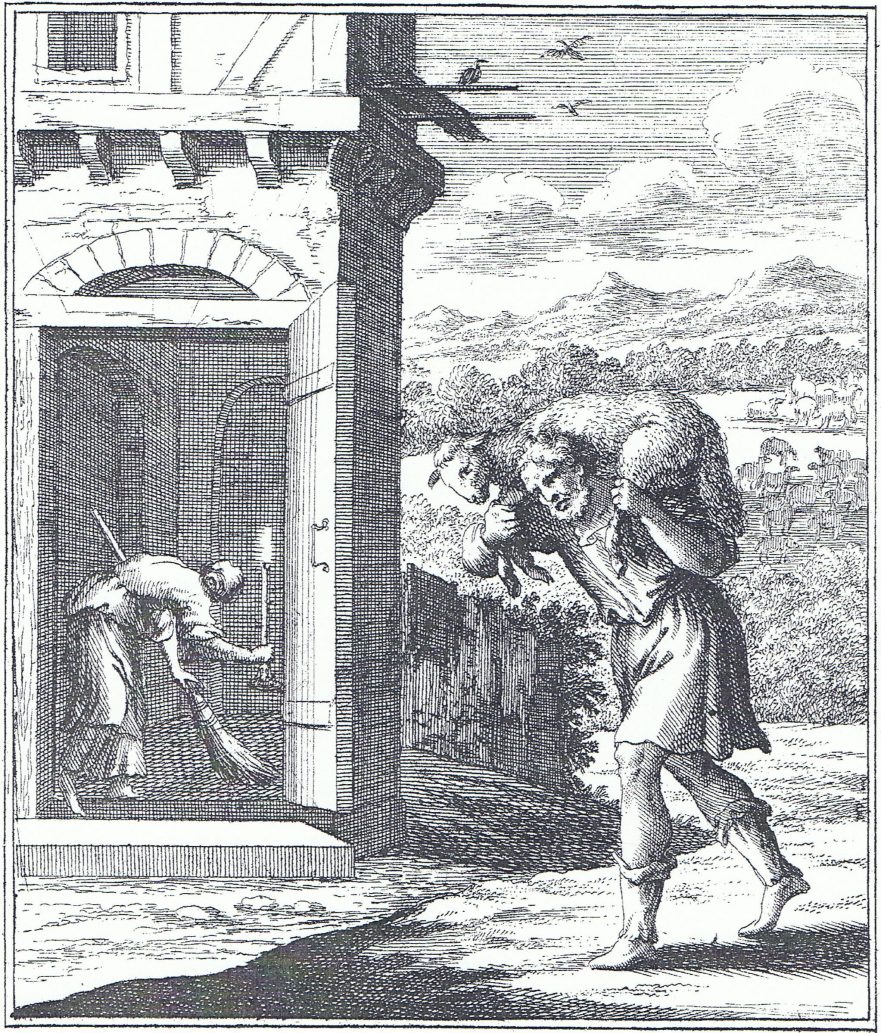
Conducting research on the Gospels, the late Robert L. Lindsey discovered Jesus’ teaching format: incident, teaching discourse and two concluding parables. In this article he discusses Jesus’ double parables.
Pieces to the Synoptic Puzzle: Papias and Luke 1:1-4

Despite a rather turbulent transmission process, the Synoptic Gospels retain an astonishing amount of authentic and reliable material.
New Testament Canon
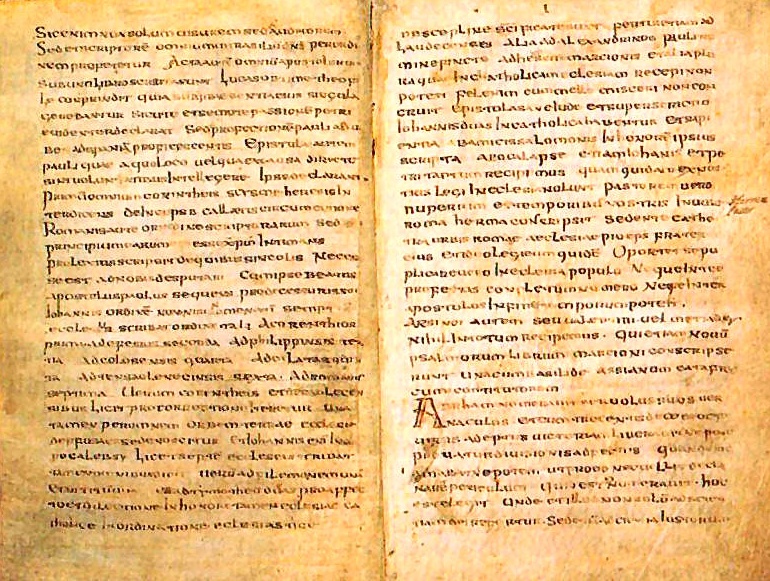
While God had used individual writers to record the books themselves, the actual acceptance of those books as being from God was subject to a long transition, a process of testing.
Reconstructing the Words of Jesus
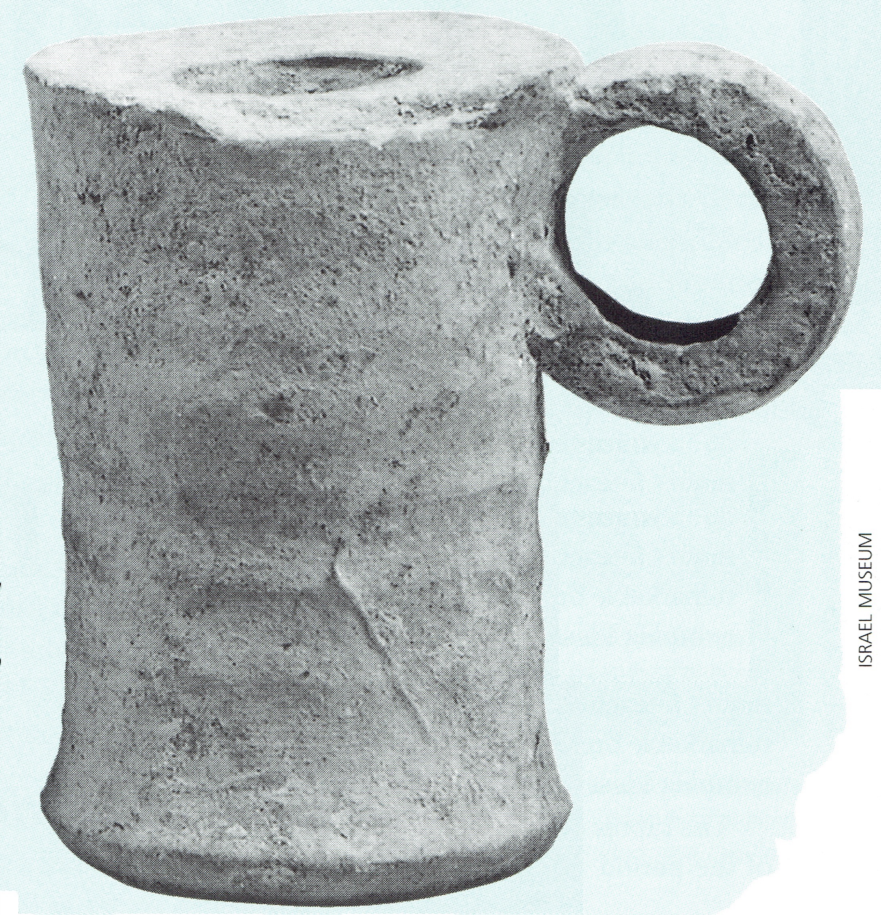
If we keep in mind that Jesus and his disciples and hearers were not speaking Greek but rather Hebrew or Aramaic, or both, then we can see that we will only arrive at Jesus’ original words by translating the Greek texts of speeches in the synoptic Gospels back into their Semitic original.

